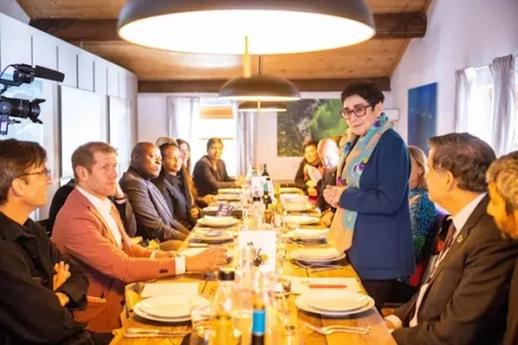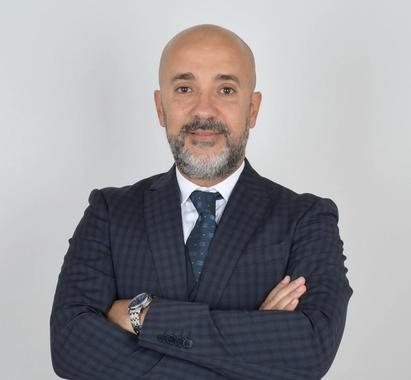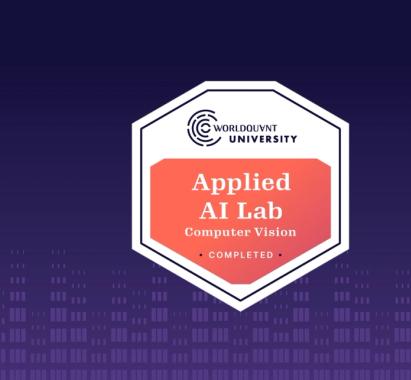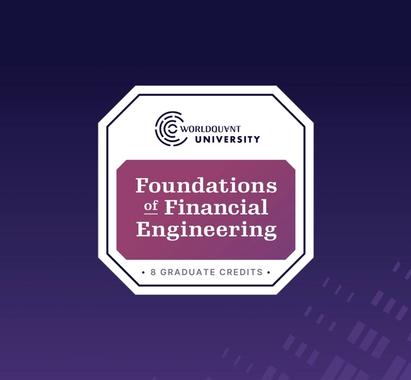Building Community and Creating Opportunity: Lessons from the World Economic Forum

Last month, WorldQuant University CEO Daphne Kis attended the World Economic Forum’s annual meeting in Davos, where she joined two panel discussions and met with corporate leaders..
David Fergusson of CNBC Catalyst hosted the Creating a Future-Fit Workforce panel. Daphne’s fellow panelists included Valérie Beaulieu, Chief Sales and Marketing Officer at Adecco Group, and Deborah Golden, Deloitte’s US Cyber Strategic Growth Offering Leader, and US Cyber & Strategic Risk Leader at.
The panelists discussed the various opportunities and pathways for individuals to gain the skills that are becoming increasingly necessary in the modern workforce. In particular, technology was discussed as being a critical enabler in creating true democratic access to these skill sets.
Kis emphasized the importance of not only making education accessible but also of higher education’s role in reskilling the workforce for the future. She highlighted WorldQuant University as a prime example, which creates opportunities for professionals at different career stages to venture into new domains that complement their existing skills. Beaulieu explained the training “lifecycle” that Adecco Group offers through their General Assembly programming, and highlighted how it helps young professionals early in their digital careers accelerate their growth. The company then partners with engineering schools and clients to train those professionals for success in the workplace.
The panelists explored the possibilities that become available when highly skilled workers from varying disciplines have access to one another. Deb Golden made the point that employers will benefit greatly from workers who can find innovative solutions to the organizational challenges that come from trying to technologically keep pace and scale at the same time.
Building on her ideas about the benefits of technology in education, Kis continued to explore how technology can support the growth and satisfaction of professionals in the workplace. In her second panel, she sat down with The Female Quotient at its Equity Lounge to discuss keeping professionals engaged and happy in the workplace.
Host Melissa Jun Rowley, Founder & CEO of Warrior Love Productions, met with panel guests Marissa Andrada, Culture Master and Advisor, Clarisse Magnin-Mallez, Senior Partner and Managing Partner at McKinsey in France, and Diana Luu, LinkedIn’s Canada Country Manager & Sr. Director at Strategic Accounts on the What is the Future of People Sustainability at Work? panel.
The panel focused on the impact of the "Great Resignation" on the workforce and how to tackle the personal and professional difficulties future generations of workers will face. The discussion stressed the importance of treating workers as whole people who require support both personally and professionally. Andrada and Luu spoke about the intersection of worker engagement and corporate responsibility and how those elements allow workers to feel safe to bring their whole selves to work. Andrada explained that a company can’t grow unless its workers do, and that adding access to meaningful, high-value education and mental health services ultimately increase the company’s bottom line.
Kis added that one of the most important ways to sustain workers and students is to accept that people need support in different ways. She addressed the changing needs of WorldQuant University’s students both during and after the pandemic, which caused communities in the workplace and universities to fragment. She noted that 90% of WorldQuant University students hold full-time jobs — their lives are in transition, and their time is precious. They rely on intentional communities to provide a sense of belonging, encouragement from mentors and peers, and paths to new opportunities. Employers and administrators must acknowledge that part of their work is to foster connectedness by creating space for communities to form again.
Magnin-Mallez added that employers must also think about connection to the company itself. A study conducted by the McKinsey Global Institute found that Gen Z experienced a much higher job dissatisfaction rate than any previous generation. This younger generation, she explained, will not remain with their employer if they do not find alignment between their purpose and the values of the company. Employers must spend time creating a culture that is clear about its values and mission for Gen Zers to see a reason to stay.
2023’s World Economic Forum Meeting launched plenty of discussion around the future of the global economy, energy transition challenges, exciting technological innovations, and environmental concerns. Perhaps some of the most important conversations to be held were the ones about the people who make the work itself happen — how they function, how they understand the world around them, and what they need to keep going. After all, it is the future workforce who will be responsible for addressing our global challenges.



